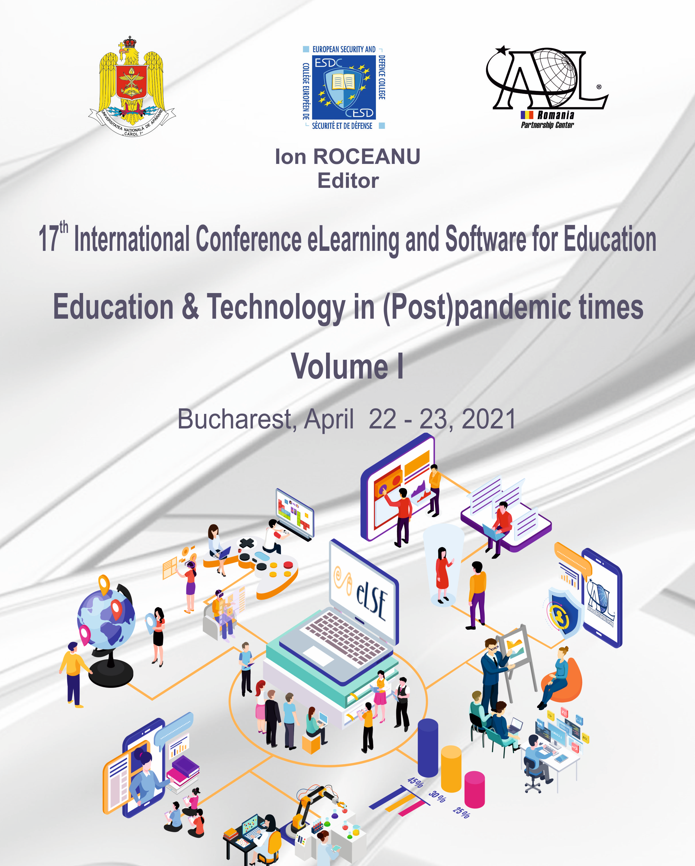WHAT WE HAVE LEARNT ABOUT THE EFFECTS OF MAKING COMPUTER GAMES FROM PRIMARY SCHOOL PUPILS
WHAT WE HAVE LEARNT ABOUT THE EFFECTS OF MAKING COMPUTER GAMES FROM PRIMARY SCHOOL PUPILS
Author(s): Mária KarpielováSubject(s): Media studies, School education, Educational Psychology, Distance learning / e-learning, Pedagogy
Published by: Carol I National Defence University Publishing House
Keywords: game-making process; attitudes towards making games; planning of a project; problem-solving; instructional tutorials; self-regulation;
Summary/Abstract: The presented paper summarises the preliminary results of qualitative research carried out among teachers at a game-making course for primary school pupils in Slovakia. The objective of the course is to encourage a holistic approach to the game-making process, as it focuses on the three major aspects of a game – programming games, game design and game art. Pupils who attend the game-making course can choose for themselves what they want to learn and which aspects they want to prioritize when they create their computer games. Since the course had been operating for a few years, a number of teachers had experience with pupils who had been attending the course for years and they saw many of pupils become independent creators. The presented research was focused on the teachers’ experience with these pupils. Data was collected through structured interviews with the most experienced teachers at the course. The main objectives of these interviews were to analyse the learning model of the course; how pupils gradually become autonomous creators of games and how they approach the game-making process of their games, but also to better understand the role that programming of games plays in teaching programming in primary schools. This paper focuses on additional skills that teachers noticed that pupils developed as results of the continuous game-making process at the course. The analysis of interviews identified shifts in pupils’ attitudes to both the game-making process and their learning, but also practices regarding problem-solving, self-regulation, planning of a project and use of instructional tutorials.
Journal: Conference proceedings of »eLearning and Software for Education« (eLSE)
- Issue Year: 17/2021
- Issue No: 01
- Page Range: 553-560
- Page Count: 8
- Language: English

